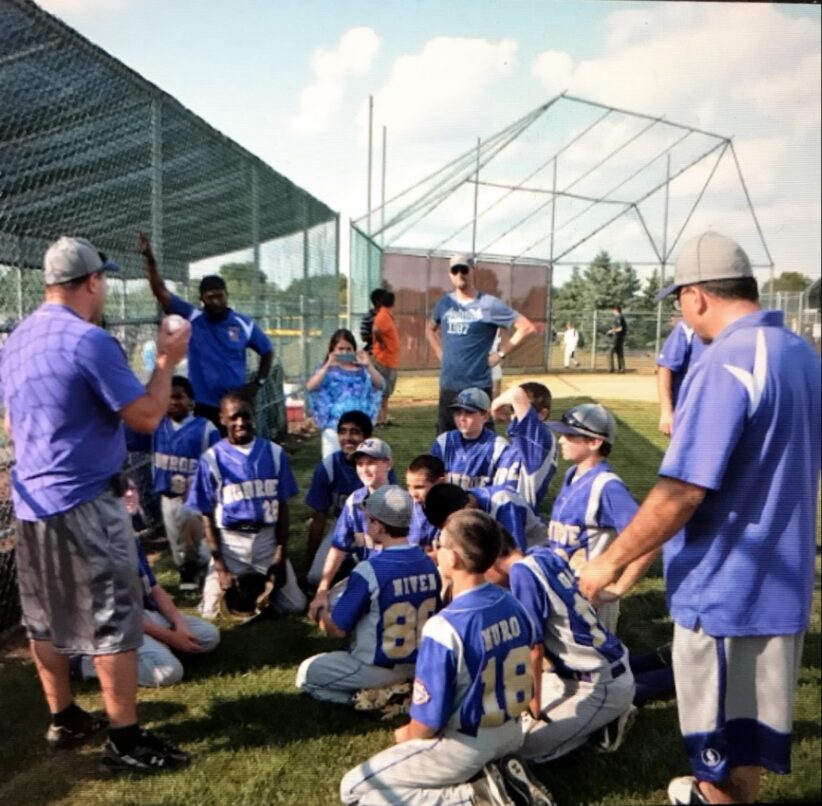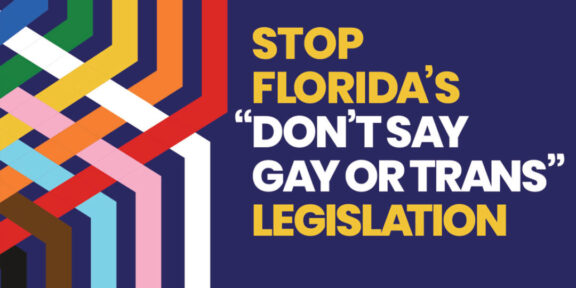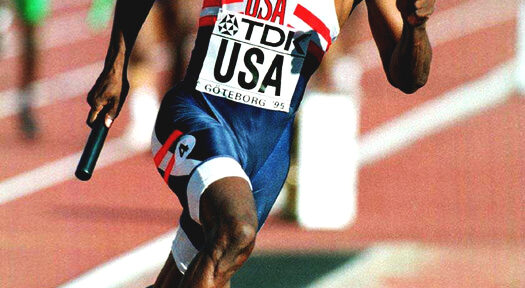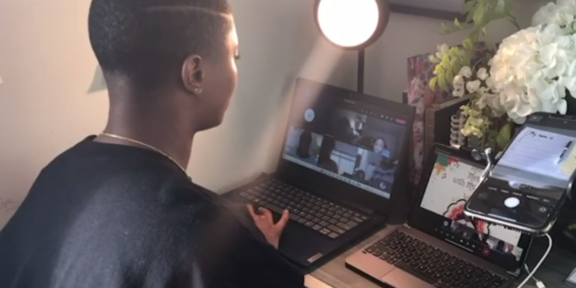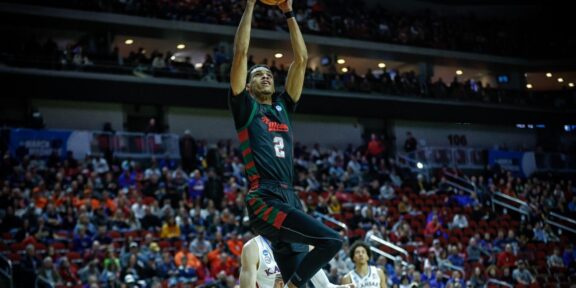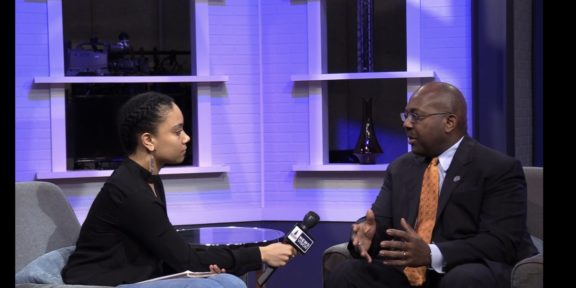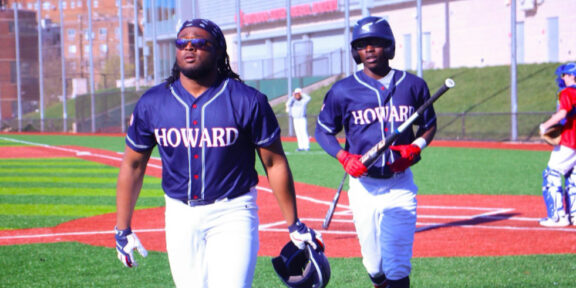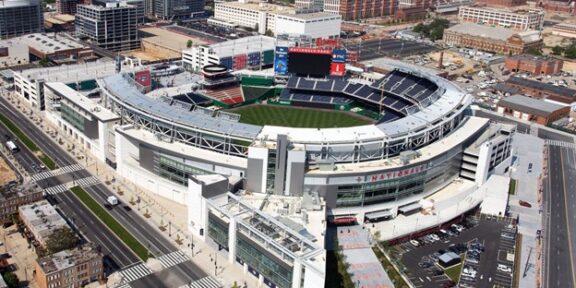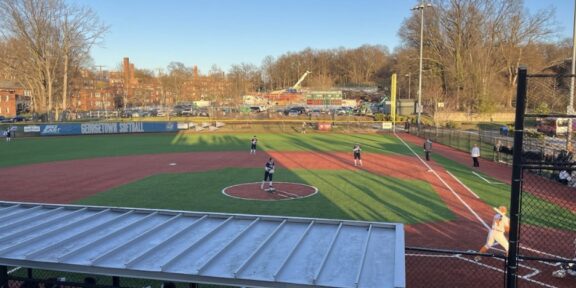By Mekhi Abbott
Howard University News Service
Black children playing basketball or football can find a plethora of African American athletes to model themselves after when they turn on the television. But those aspiring to play baseball and softball don’t have a catalog of Black players to look up to. Baseball and softball are sports that
are simply not marketed to the Black community. It is an injustice from the Little League to the MLB.
At one point, Black stars were highly visible in Major League Baseball. At one point, Ken Griffey Jr. was the face of the MLB. Andrew McCutchen was always a media favorite and is still one of the players in the league who gets good coverage. But besides them, myriad Black athletes in the MLB just do not get the coverage that they deserve.
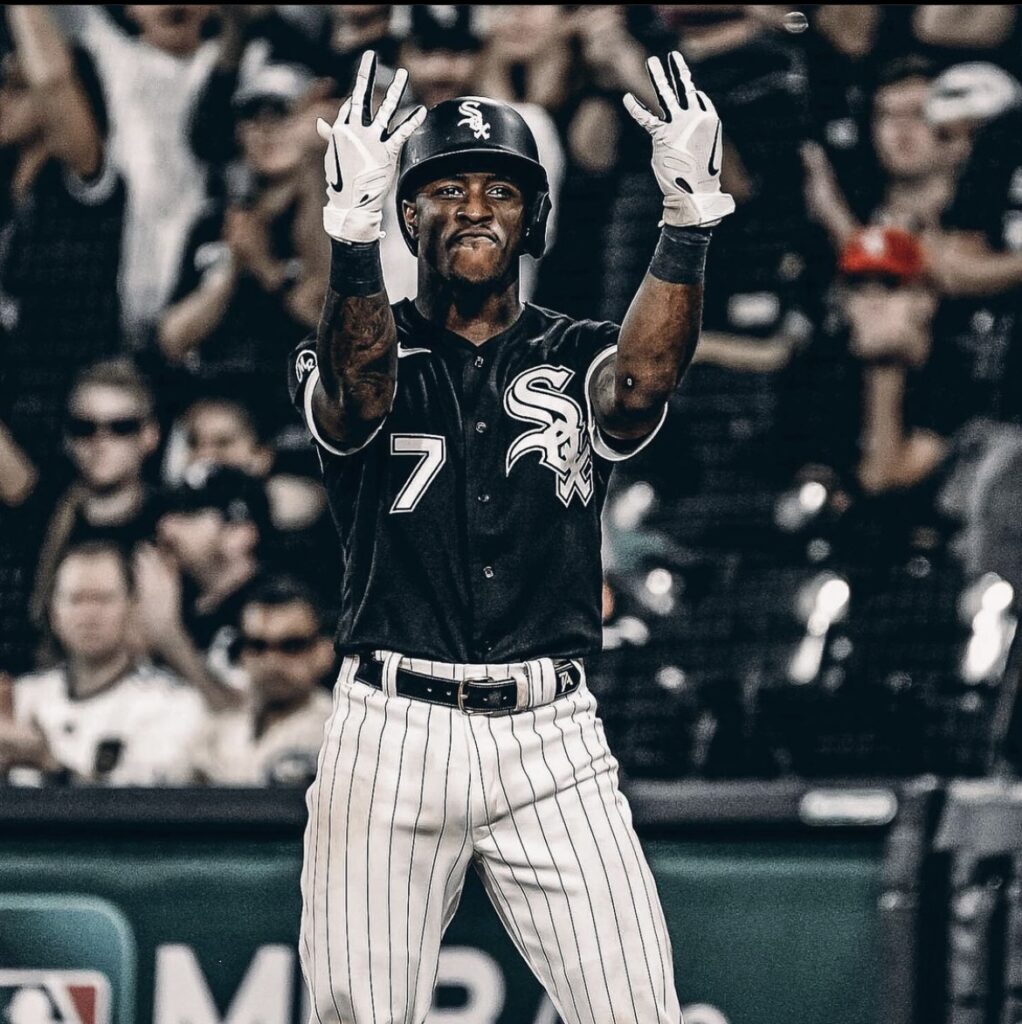
Tim Anderson, the shortstop for the Chicago White Sox, is not receiving his proper spotlight despite leading the MLB in batting average the past three years and being a recipient of the Silver Slugger Award, which is awarded to the best offensive player at each position, just two seasons ago. That also goes for Mookie Betts, Devin Williams, Jazz Chisholm, Byron Buxton, Starling Marte and plenty of others.
There is no excuse for one of the best and most productive players in the league who plays the most important position in baseball to not be getting more coverage and praise from the media and the MLB — especially a player who plays hard every day, plays the game with excitement and swagger and style, all things that appeal to a younger audience.
Personally, I grew up playing baseball. For a few years, I was the only Black person on the team. After a few years, a kid named Josh joined the team and there were two of us. During my 11 years in baseball, I never played with more than four Black athletes. Even in elementary school, I was very aware that I was one of the only Black kids on the team; most of the time it was unaddressed. When we would play other teams, the demographic was very similar: a lot of either all-white teams of teams with one or two black sprinkles on their rosters. At no point, do I feel like I was ostracized or treated differently because of my skin. But again, it was something I always noticed.
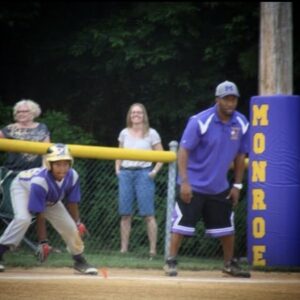
After my sophomore year of high school, all my Black peers stopped playing baseball. There wasn’t a single Black person playing baseball at any level in my high school — the freshman team, junior varsity team and the varsity team — and zero black girls played on the softball team throughout my four years in high school.
At Howard University, we don’t have a baseball team. Howard is among many HBCUs to discontinue their baseball programs. The multitude of reasons for this are rooted in lack of funding, mismanagement and overall lack of interest in the sport by the Black community despite the history of the Negro Baseball Leagues and the 75th anniversary of Jackie Robinson’s opening day with the Brooklyn Dodgers in 1947 when he broke baseball’s color barrier. Even at HBCUs that still have baseball teams, you are starting to see fewer Black faces and a lot more white and Latinx faces.
Senior softball standout Kalita Dennis said baseball and softball are not promoted to Black youth effectively. “Growing up, I was usually the only Black girl,” Dennis said. “If there were a few other Black girls on the team, I would be excited.”
“I don’t think it is marketed to us,” she added. “I think Black girls are slowly progressing to be encouraged to play softball, but it’s not enough. Top programs might only have one or two Black girls. There have even been problems concerning Black athletes wearing their natural hair or protective styles while playing.”
By no means, am I insinuating that white and Latinx baseball players shouldn’t be afforded the opportunity to continue their respective athletic careers at HBCUs. As an athlete, I understand that part of recruiting is getting the best talent. This is especially true given the number of colleges in the United States and the newfound prominence of the transfer portal. I also understand why any athlete of any color would accept a scholarship to continue their career and pay for school. But the foundation of HBCUs is rooted in offering Black students an opportunity to further their education, so shouldn’t the athletic programs at HBCUs also prioritize Black athletes when choosing who to recruit to represent their schools?
This is a case of two things being true at once and leading to a sad reality. The truth is that both baseball and softball are not marketed to Black youth and that baseball programs just don’t make that much money, even at Power 5 schools. Power 5 schools, also known as high-major schools, are all the schools that represent the Atlantic Coast, Big Ten, Big 12, Pac-12 and Southeastern conferences athletically. They are considered the “elite” as it pertains to athletics in the NCAA.
“Bottom line is, it’s about money,” says my father, Allen Abbott Jr., a former HBCU baseball player at the University of Maryland Eastern Shore. “The MLB has invested in black areas outside of the U.S. [like the Caribbean, Latin America and South America] but domestically they want less involvement from African Americans and more exploitation. They forcibly want to be the epitome of being ‘as American as apple pie.’ It’s a win-win for the MLB.”
The MLB has taken steps to increase black involvement in the sport through programs like Reviving Baseball in the Inner Cities (RBI). It is easier to encourage a child to play a sport like baseball, but how are you encouraging athletes to continue to play the sport when they don’t see a future in it? They don’t see enough people who look like them playing baseball or softball at the pro or collegiate level.
A wise thing for the MLB to do would be to invest into HBCU baseball, not only from a monetary standpoint, but also through direct partnerships in the league. To my knowledge, the Atlanta Braves is really the only franchise that dedicates efforts to black involvement within the sport and investing in the black community.
Imagine if all MLB franchises near Historically Black Colleges and Universities sponsored an HBCU and its baseball program?
Think about the possibilities if the Washington Nationals pledged money to bring back Howard’s baseball team, invested in facilities and then Howard baseball players actually got drafted. Then Black kids could visualize a future in baseball and would want to play it.
What if the Philadelphia Phillies sponsored Delaware State’s baseball team? The Phillies organization literally has high school and club teams to use as a pipeline to develop talent. Why not offer that same opportunity for Black baseball players?
Mekhi Abbott is a javelin thrower for the track and field team at Howard University and a reporter for HUNewsService.com.

